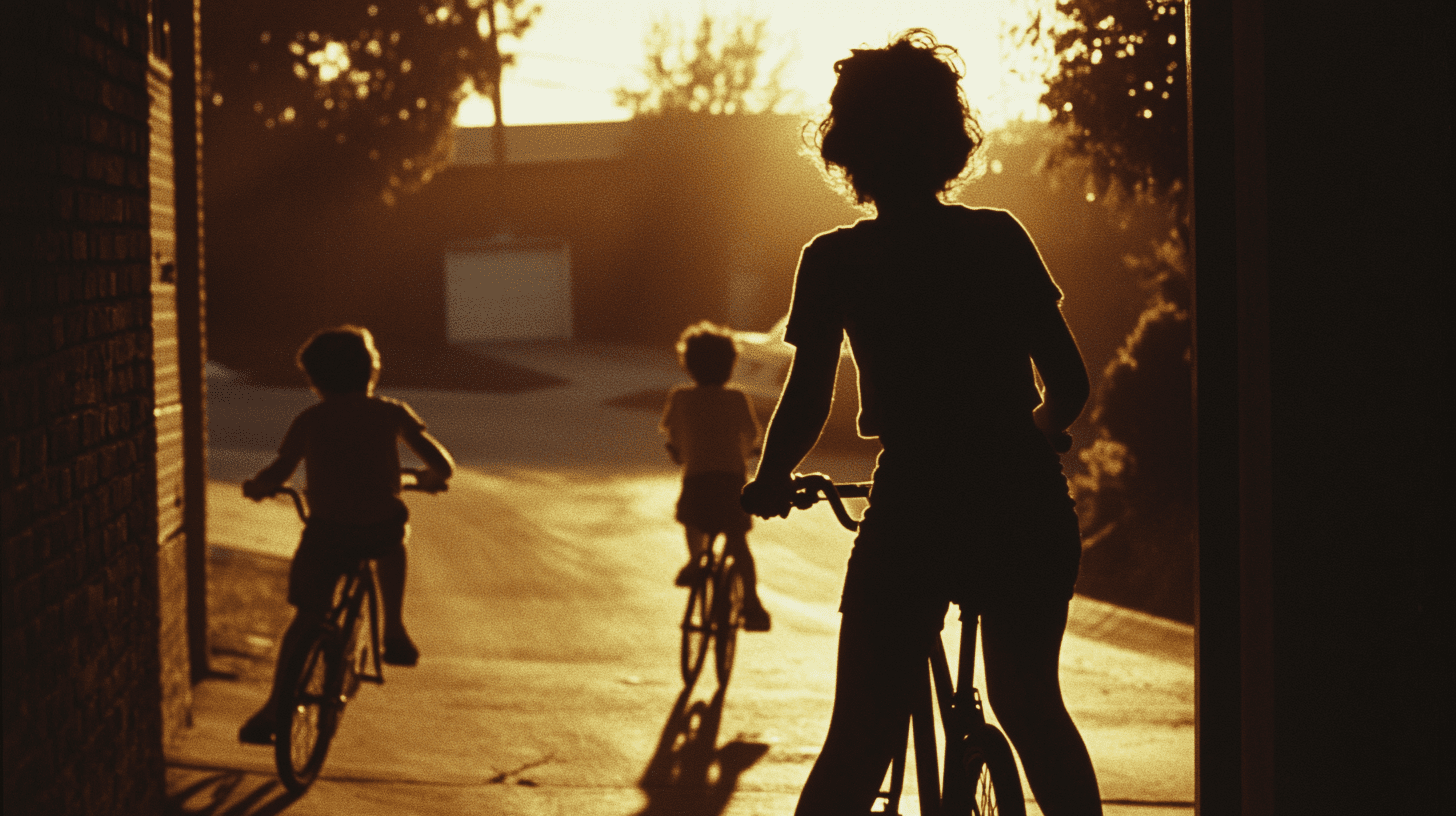In the rapidly changing landscape of parenting, phrases once commonly used by parents are now falling out of common vernacular, reflecting evolving parenting styles and societal norms. These are expressions that older generations might find nostalgic but are seldom heard in modern households.
The transformation of these phrases highlights shifts in how children are raised today, emphasizing a greater focus on communication, cooperation, and adaptation to technological advances.
14. “Go play outside until the streetlights come on”
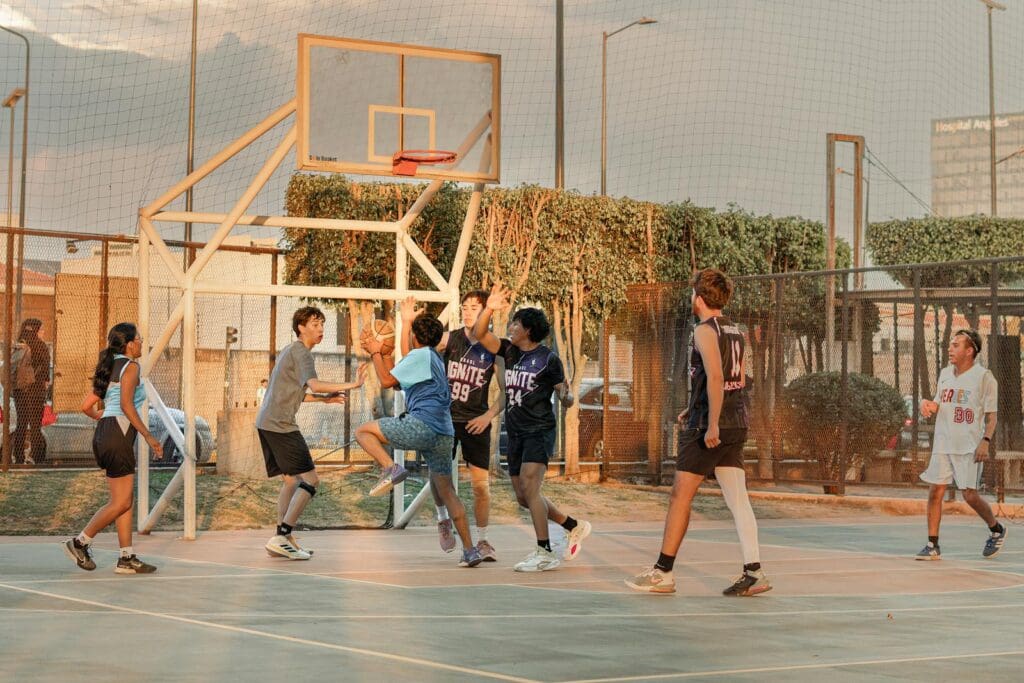
This classic phrase encouraged outdoor play and independence. Today’s parents, concerned about safety and overscheduling, rarely use it. Modern kids often have structured activities or prefer indoor entertainment. The shift reflects changing parenting styles and societal norms around childhood freedom and supervision.
13. “Let me check the phone book”
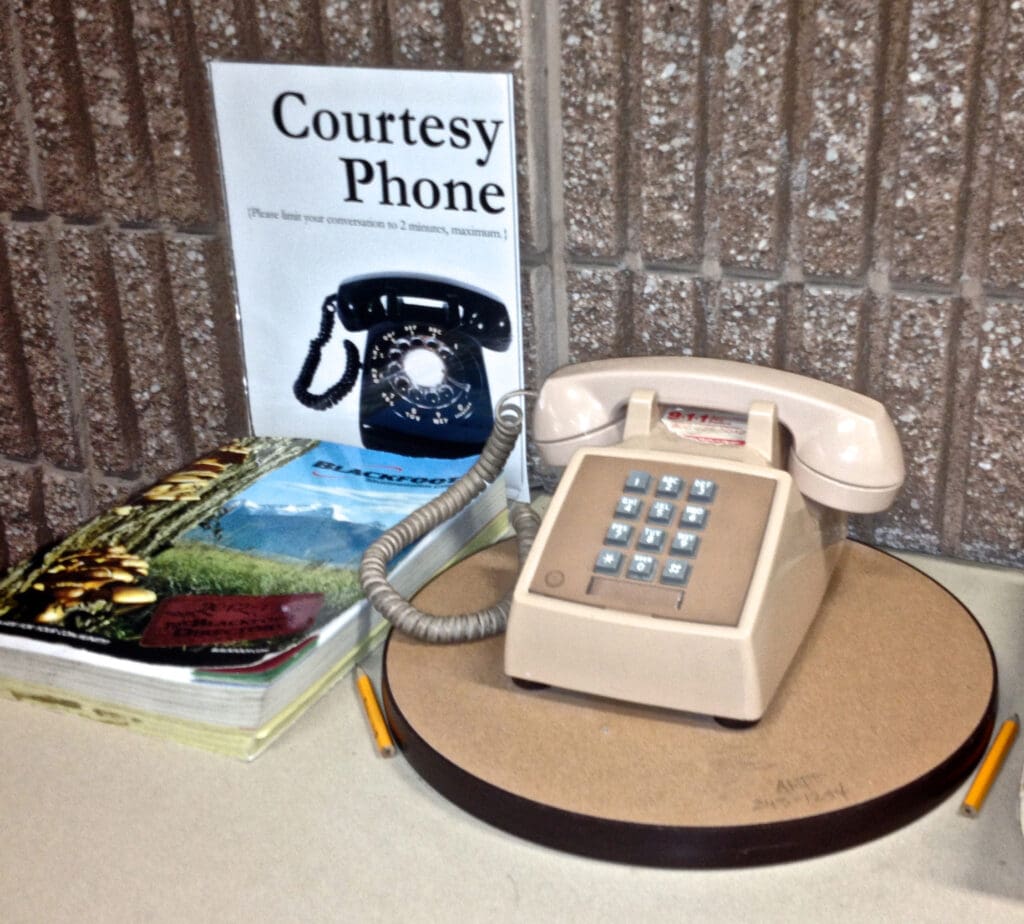
Remember the hefty yellow pages? Before smartphones and Google, moms relied on phone books to find local businesses and services. Now, with digital directories and search engines at our fingertips, this phrase has become obsolete. The convenience of instant information has replaced the ritual of flipping through paper pages.
12. “Don’t touch that dial!”
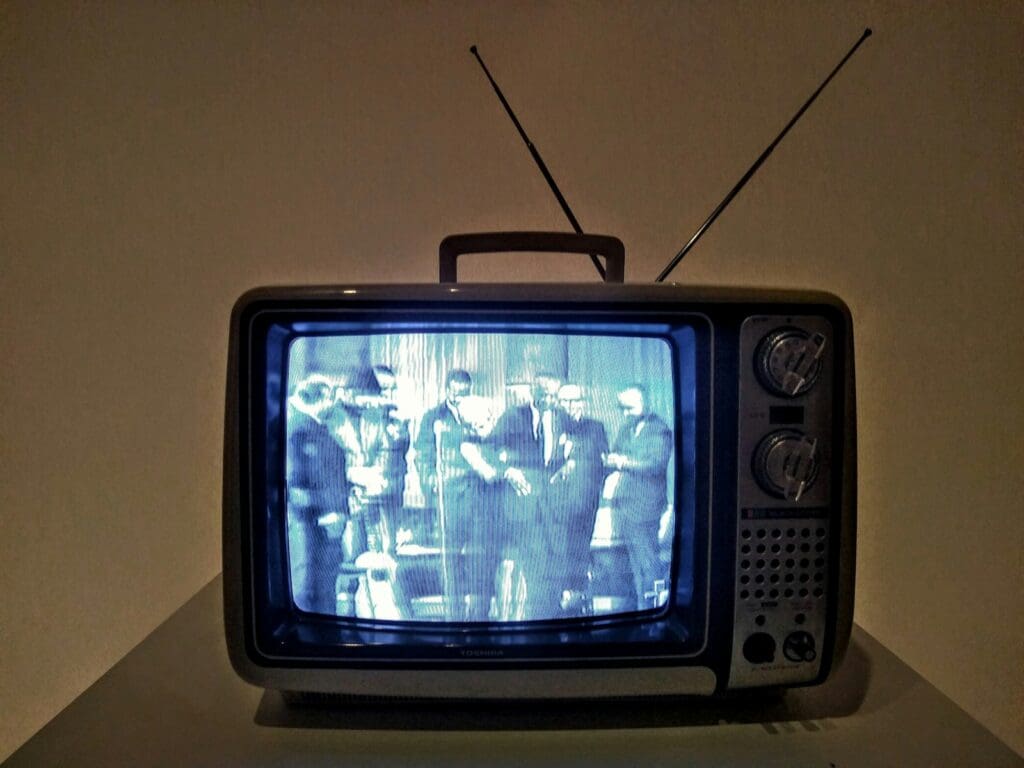
This phrase originated when TVs were controlled by dials. Parents would caution children not to change the channel, especially during commercial breaks. As remote controls became ubiquitous, the saying evolved to “Don’t touch that remote!” Today, with streaming services and on-demand content, this once-common phrase has largely disappeared from household vocabulary.
11. “Go ask your father”
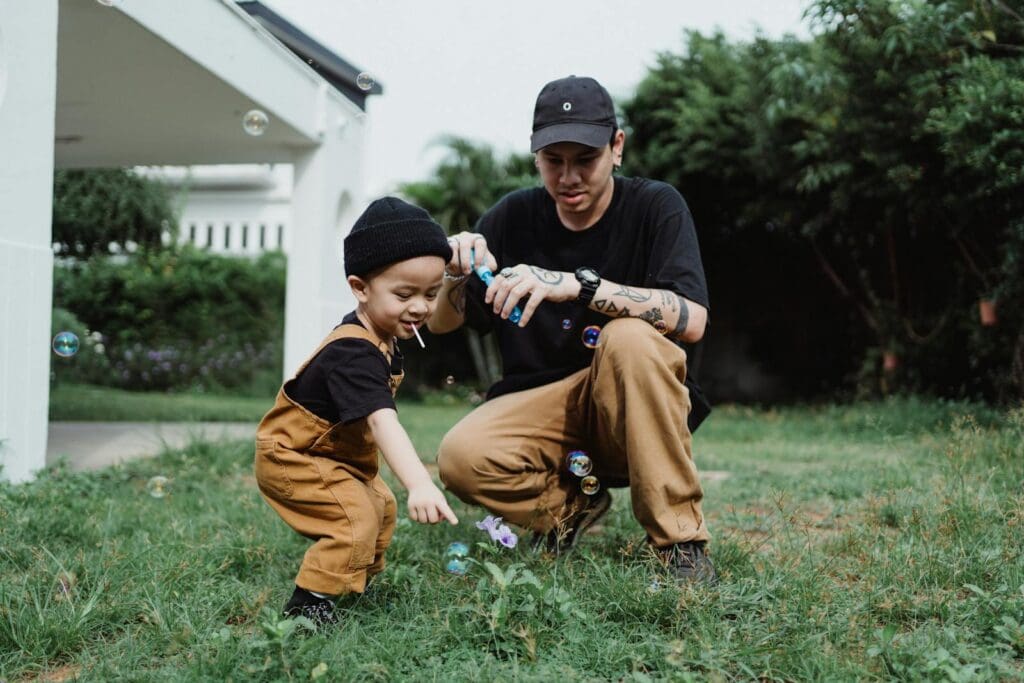
This phrase, once a common deflection tactic, has become less prevalent in modern parenting. With evolving family dynamics and increased co-parenting, decision-making is often more collaborative. Today’s parents tend to communicate more openly, making joint decisions rather than deferring to one parent as the final authority.
10. “Don’t sit so close to the TV, you’ll ruin your eyes”

Contrary to popular belief, sitting close to the TV doesn’t actually damage eyesight. While it may cause temporary eye strain, there’s no evidence of permanent harm. Modern TVs emit less radiation, making this concern obsolete. However, maintaining a comfortable viewing distance is still recommended for optimal viewing experience.
9. “Turn off the Nintendo and do your homework”
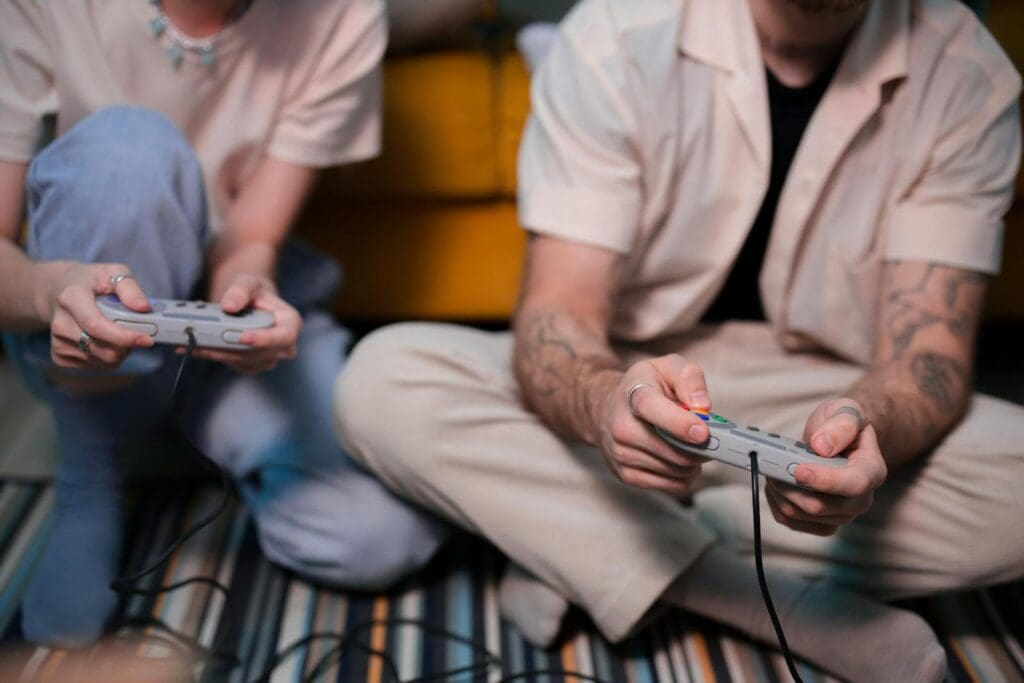
While video games remain popular, the specific call to “turn off the Nintendo” has evolved. Modern parents are more likely to address screen time in general, including smartphones, tablets, and various gaming consoles. The focus has shifted to balancing digital entertainment with academic responsibilities, rather than singling out one gaming system.
8. “I’m not a taxi service”

Modern parents spend more time driving their kids around than ever before. In London, 20% of parents spend over 3 hours weekly driving children to social activities. This “taxi of mum and dad” phenomenon reflects changing parental roles and safety concerns about public transport use by children.
7. “Finish your plate, there are starving children in Africa”
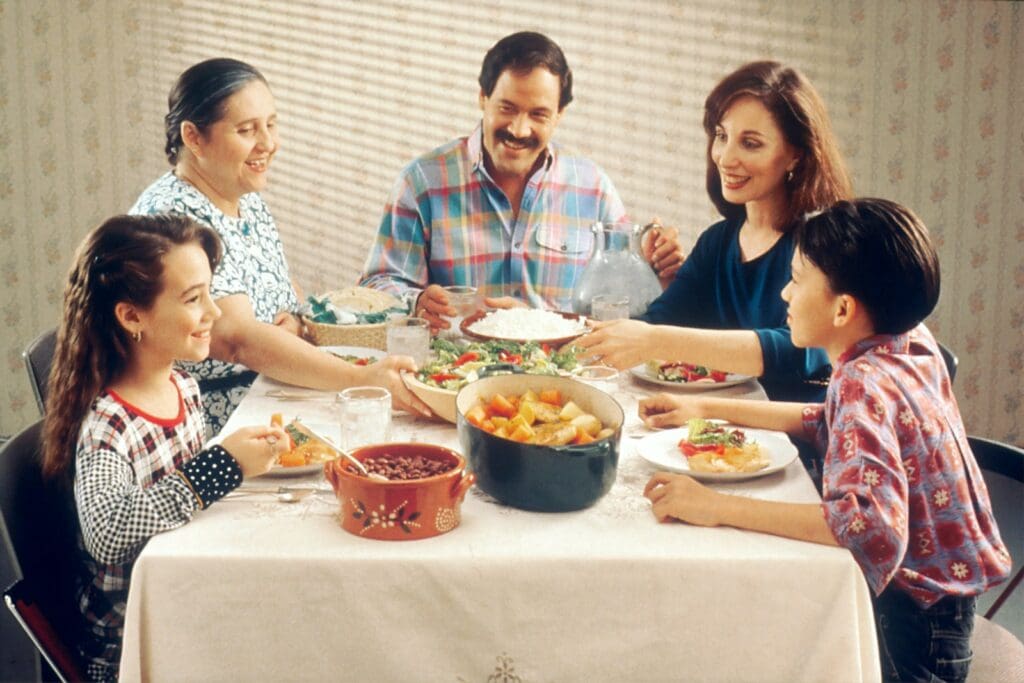
This guilt-inducing phrase has fallen out of favor as parents recognize its problematic nature. Modern parenting emphasizes teaching children about food waste and global hunger through more constructive methods, rather than using shame or comparison. Today’s parents are more likely to encourage mindful eating and discuss donating to food banks instead.
6. “Don’t make me pull this car over”

This classic parental threat was once a staple of family road trips. Today, with in-car entertainment systems and personal devices, children are often too engrossed to misbehave, making this phrase less necessary. Modern parents tend to favor positive reinforcement and distraction techniques over threats.
5. “Because I said so”

This authoritarian phrase, once a parental go-to, is falling out of favor in modern parenting. Today’s parents are more likely to explain their reasoning, fostering open communication and critical thinking. This shift reflects a move towards authoritative parenting styles that balance firmness with responsiveness, promoting children’s autonomy and decision-making skills.
Read More: 15 Gen Z Slang Terms You Should Know
4. “Stop crying or I’ll give you something to cry about”

This harsh phrase was once commonly used to silence children’s emotional outbursts. Today, it’s recognized as emotionally damaging and counterproductive. Modern parenting emphasizes emotional intelligence, encouraging children to express their feelings healthily. Parents now focus on understanding the root cause of tears and teaching coping mechanisms, rather than suppressing emotions through threats.
Read More: Why Are So Many Kids Cutting Contact With Their Parents?
3. “Money doesn’t grow on trees”

This classic phrase, emphasizing the value of money and the effort required to earn it, is still relevant but less frequently used today. With digital transactions and online banking becoming the norm, children may have a more abstract understanding of money. Parents now focus on teaching financial literacy through apps and hands-on experiences rather than relying on this traditional saying.
Read More: 20 Phrases Sabotaging Your Speech: Drop Them Now!
2. “When I was your age…”

This classic phrase, once a staple of parental lectures, has become less common as generational gaps narrow. Today’s parents often recognize that their children face unique challenges and opportunities, making direct comparisons less relevant. Instead, many opt for more empathetic approaches to guide their kids through modern complexities.
Read More: You Might Be the WORST Boss if You Say These Phrases
1. “Wait until your father gets home”

This classic phrase has become less common as parenting roles evolve. Modern families often share disciplinary responsibilities, with both parents actively involved in child-rearing. A Nickelodeon study found that traditional dad roles are changing, with fathers taking on more nurturing and hands-on parenting duties.
Read More: These Popular Phrases Have Shockingly Dark Backstories

